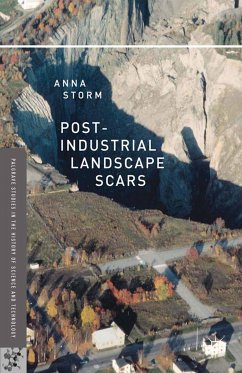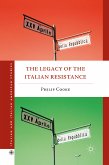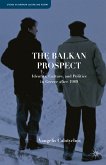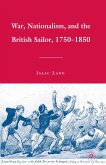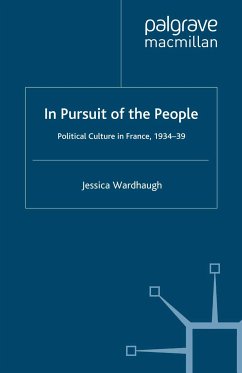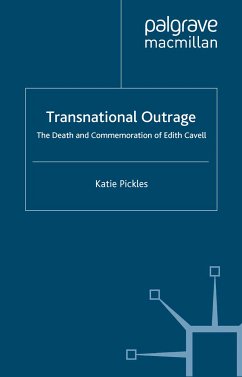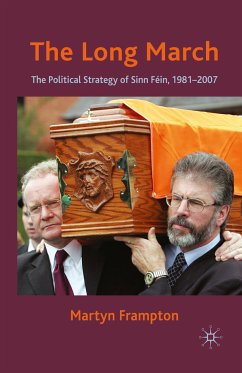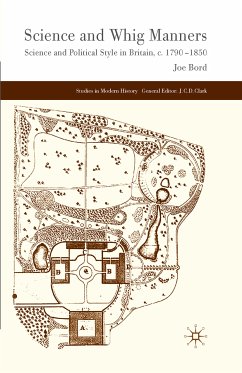Dieser Download kann aus rechtlichen Gründen nur mit Rechnungsadresse in A, B, BG, CY, CZ, D, DK, EW, E, FIN, F, GR, HR, H, IRL, I, LT, L, LR, M, NL, PL, P, R, S, SLO, SK ausgeliefert werden.
"They are all around us - mines and smelters, nuclear reactors, company towns, brownfields, and other industrial landscapes. Storm asks us to consider the communities that are integral parts of their past, present, and future. She takes us on an original and probing journey to consider the rise and fall of industrial sites, the scars they have created, and the contentious memories they engender as places of work and home, nostalgia, decay, and even rebirth as parks." - Paul Josephson, Professor of Russian and Soviet history, Colby College, USA
'Industrial ruins have traditionally been characterized as a blight, or a scar, on the landscape, and thus dismissed. The significance of industrial sites to social history, and to the experiences of class and labor, are often neglected. Storm addresses this lacuna and presents six richly textured case studies to identify the many differing, and often conflicting, layers of meaning that such sites may have. Storm draws attention to how industrial heritage can offer ways of acknowledging and reflecting on past injustices. In using the metaphor of scar as a process of healing, the book explores the ways in which industrial heritage offers a place from which societies can enter into discussion about the meaning of the past for the present' - Laurajane Smith, Professor, Centre for Heritage and Museum Studies, The Australian National University

